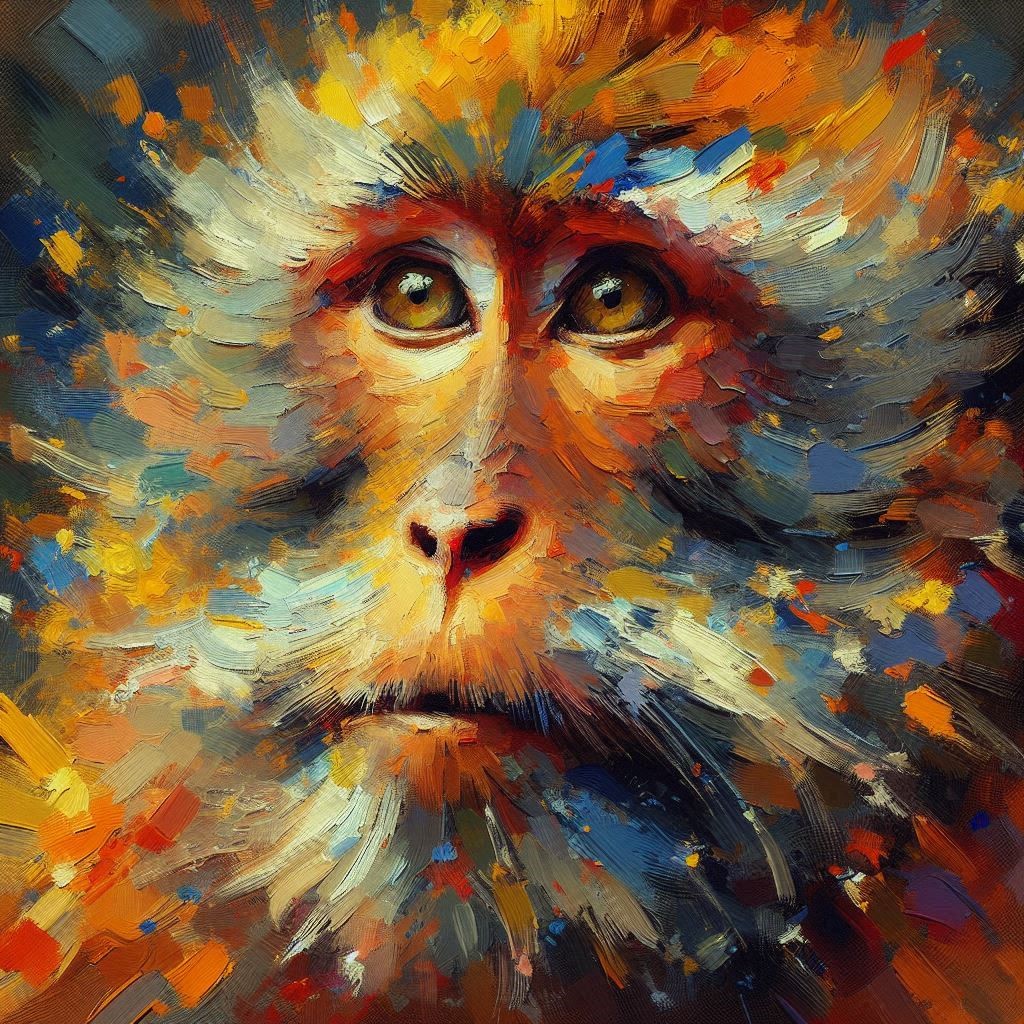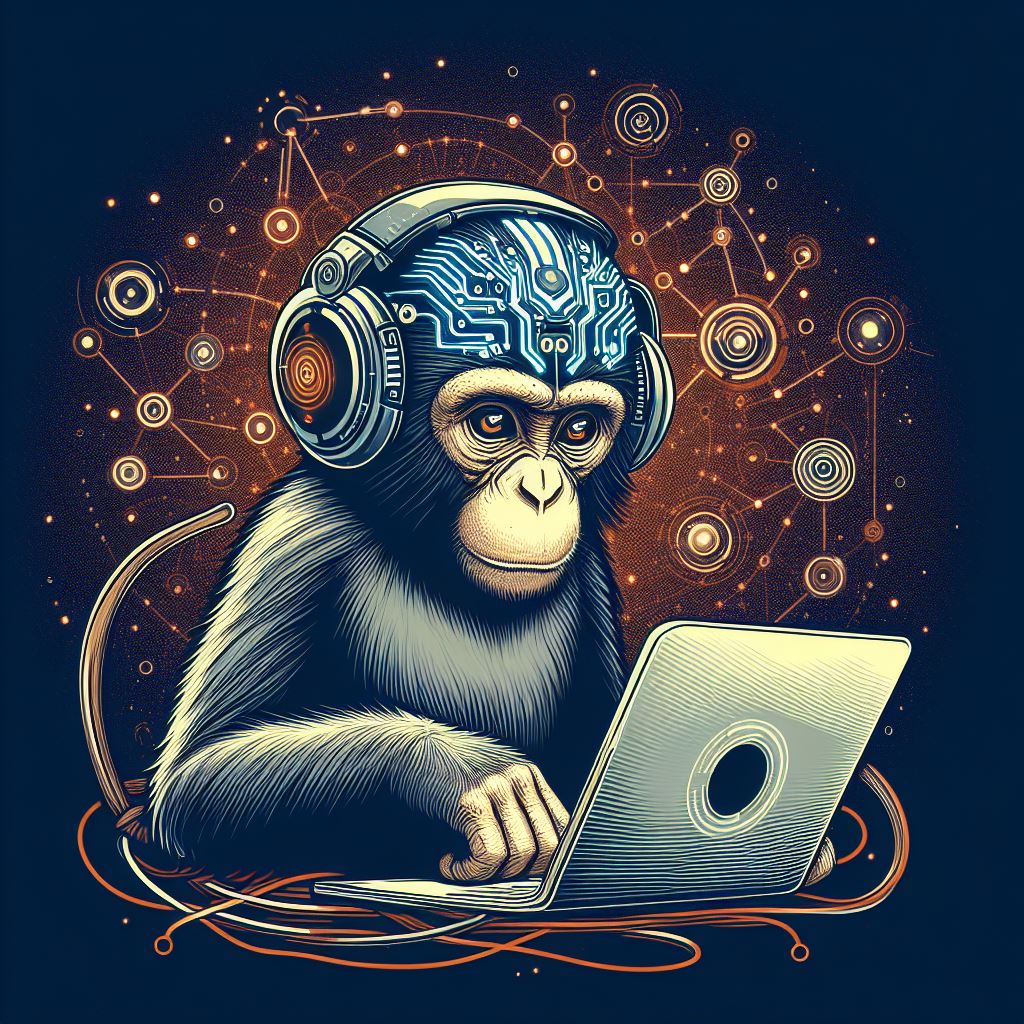In the ever-evolving landscape of technology and its applications, the intersection of artificial intelligence (AI) and primatology may seem like an unlikely pairing. However, the potential for AI to enhance the cognitive abilities of monkeys and integrate them into the workforce is a concept that holds promise for both scientific exploration and economic advancement. Let\’s delve into this fascinating realm and explore how AI could catalyze a new era of productivity among our primate counterparts.

Unveiling the Potential of AI-Augmented Primates
Monkeys, renowned for their intelligence and adaptability, possess cognitive faculties that, with the aid of AI, could be further enhanced to perform a variety of tasks traditionally reserved for humans. Through advanced training techniques and neural interface technologies, AI could augment their problem-solving skills, learning capabilities, and communication proficiency.
Bridging the Gap: AI as a Catalyst for Economic Integration
Imagine a workforce where monkeys, equipped with AI-enhanced abilities, collaborate alongside humans in various industries. From agriculture and manufacturing to service sectors, their dexterity and cognitive prowess could revolutionize productivity and efficiency. With tailored AI algorithms guiding their actions, monkeys could undertake tasks with precision and speed, contributing to the overall economic output.
Monkeys in the Modern Workforce: A Paradigm Shift
Integrating monkeys into the workforce would not only diversify labor participation but also address labor shortages in certain sectors. As AI streamlines training processes and facilitates seamless collaboration between primates and humans, businesses could experience increased productivity and cost-effectiveness. Moreover, the inclusion of monkeys in the workforce could lead to the creation of specialized roles, fostering innovation and adaptability in response to evolving market demands.
The Economic Implications: Monkeys as Taxpayers
One of the most intriguing prospects of AI-augmented monkeys in the workforce is their potential to contribute to the economy through taxation. As productive members of society, monkeys could generate income from their labor, thereby becoming eligible for taxation. This newfound revenue stream could bolster government budgets, fund public services, and contribute to societal welfare initiatives.
Ethical Considerations and Responsibilities
While the prospect of AI-enhanced monkeys in the workforce presents exciting opportunities, it also raises ethical questions and challenges. Ensuring the welfare and fair treatment of these animals, as well as addressing concerns regarding exploitation and coercion, must be paramount. Additionally, comprehensive regulations and guidelines would need to be established to govern the integration of monkeys into various industries, safeguarding their rights and well-being.
Conclusion: Embracing a Future of Collaboration and Innovation
The convergence of AI and primatology offers a compelling vision of a future where monkeys contribute meaningfully to the workforce, powered by enhanced cognitive abilities and guided by advanced technologies. By embracing this paradigm shift, we can unlock new avenues for economic growth, foster cross-species collaboration, and pave the way for a more inclusive and prosperous society.
As we navigate the complexities of this emerging frontier, let us remain vigilant in our ethical considerations and committed to harnessing technology for the betterment of all beings. Together, humans and AI-augmented monkeys can chart a course towards a future where innovation knows no bounds and the potential for progress is limitless.



Very nice post and straight to the point. I am not sure if
this is truly the best place to ask but do you guys have any
ideea where to get some professional writers? Thanks
🙂 Najlepsze escape roomy
yeah we still do writing
Very interesting info!Perfect just what I was searching for!?